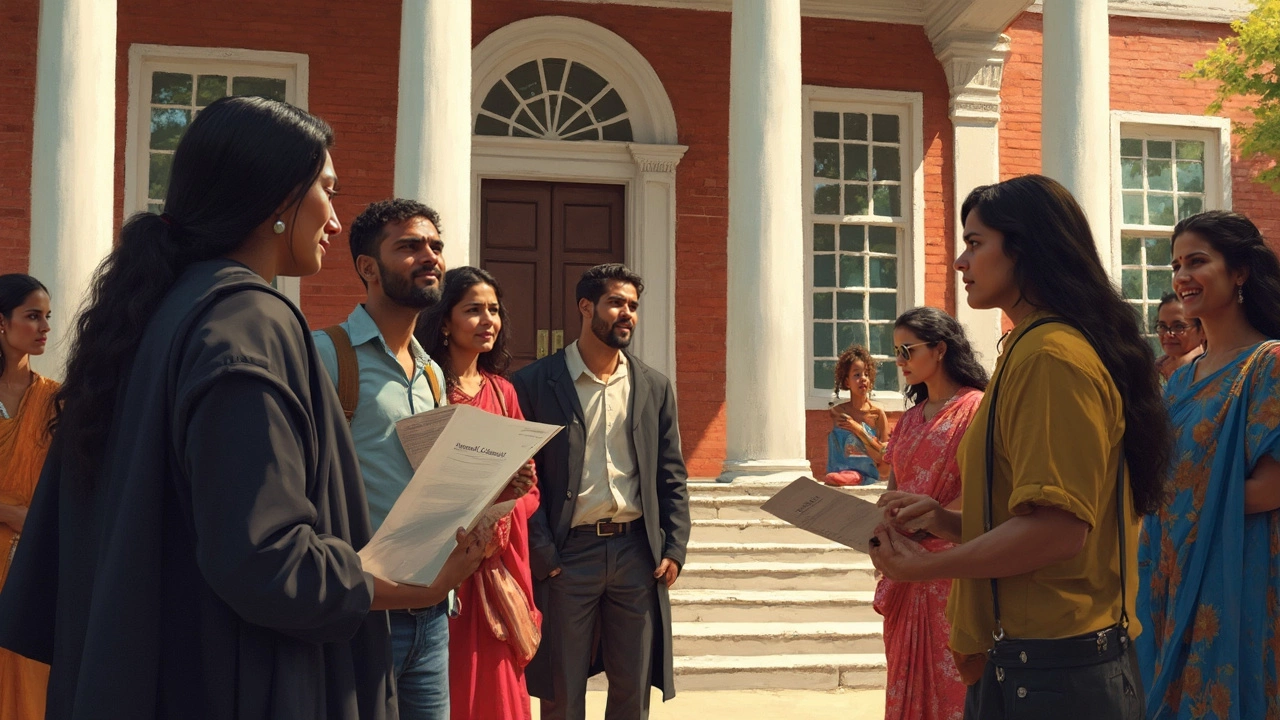Virginia Courts Made Simple: What You Need to Know
If you’ve ever Googled “Virginia courts” you probably expected a wall of legal jargon. Instead, let’s break it down in plain English. Whether you’re dealing with a divorce, a civil claim, or just curious about the state’s court system, this guide gives you the basics you can actually use.
Why Virginia Courts Matter to You
Virginia’s court structure is split into several levels: district courts handle minor criminal cases and small civil disputes; circuit courts cover serious criminal matters, big civil cases, and family law; and the Court of Appeals reviews decisions from the lower courts. Knowing which court hears your case saves time, money, and a lot of headaches.
For example, if you’re filing for divorce, the circuit court is where the action happens. That’s why you’ll see posts like "Who Really Pays for Divorce in Virginia? Costs, Fees, and What to Expect" featured under this tag. It explains who foots the bill, how attorney fees are split, and tips to keep costs down.
Quick Answers to Common Questions
1. How long does a divorce take in Virginia? Most uncontested divorces wrap up in a few months, but contested ones can stretch to a year or more. The key is to have all paperwork ready and to negotiate settlement points early.
2. Do I need a lawyer for a small claims case? While you can represent yourself, a lawyer can help you navigate procedural quirks and increase your chances of winning.
3. What are the filing fees? District court filings start around $40, whereas circuit court fees can be $150‑$200, depending on the case type. Some posts on our site break down these numbers so you’re not surprised at the checkout.
Our tag also collects articles on evidence, damages, and civil case outcomes—topics that cross over into Virginia’s court practice. For instance, the piece "How Civil Cases Are Proven: Evidence, Strategy, and Courtroom Tactics Explained" gives you a roadmap to build a solid case, no matter which court you appear in.
Want to know how to pick the right attorney? Check out the post "What Personal Injury Lawyers Earn in India" for salary insights, then look at local Virginia attorneys’ experience levels. A well‑paid lawyer isn’t always the best fit; focus on their track record in the specific court you’ll face.
Finally, keep an eye on new laws. Virginia updates its statutes regularly, and our article "New Laws in India 2024" shows how staying current can affect cross‑border cases, such as an Indian couple divorcing in Virginia.
Bottom line: Virginia courts may seem complicated, but the right information turns them into a manageable part of your legal journey. Bookmark this page, explore the articles below, and you’ll walk into any Virginia courtroom with confidence.
Where Are Civil Cases Heard in VA? Your Guide to Virginia Courts
Wondering where your civil case will be heard in Virginia? This article explains the different state courts that handle civil cases, breaking down which court fits which type of case. From small claims that involve a few hundred bucks, to larger lawsuits, you’ll find out exactly where to go. Get tips on what to expect and what mistakes to avoid. Perfect for anyone about to dive into legal action in Virginia.
